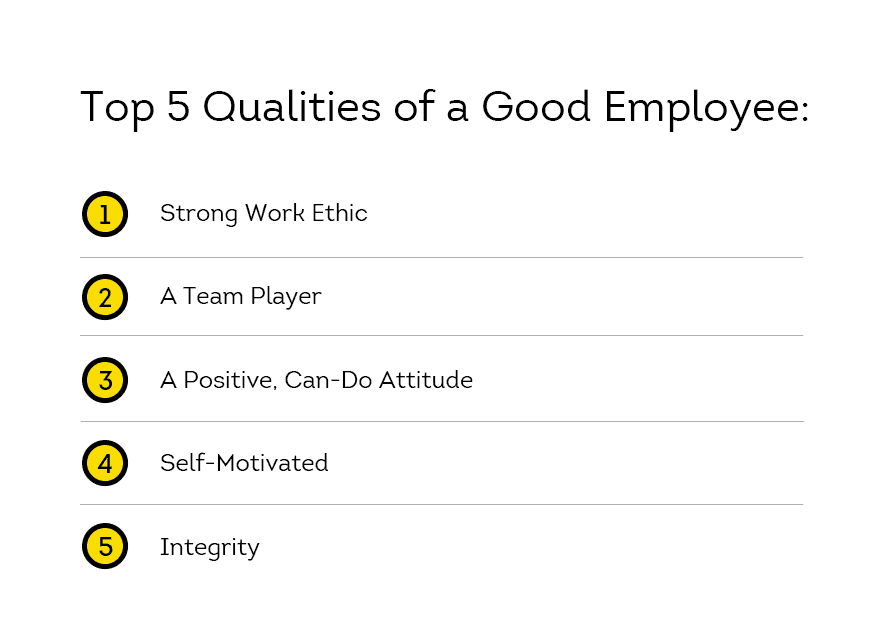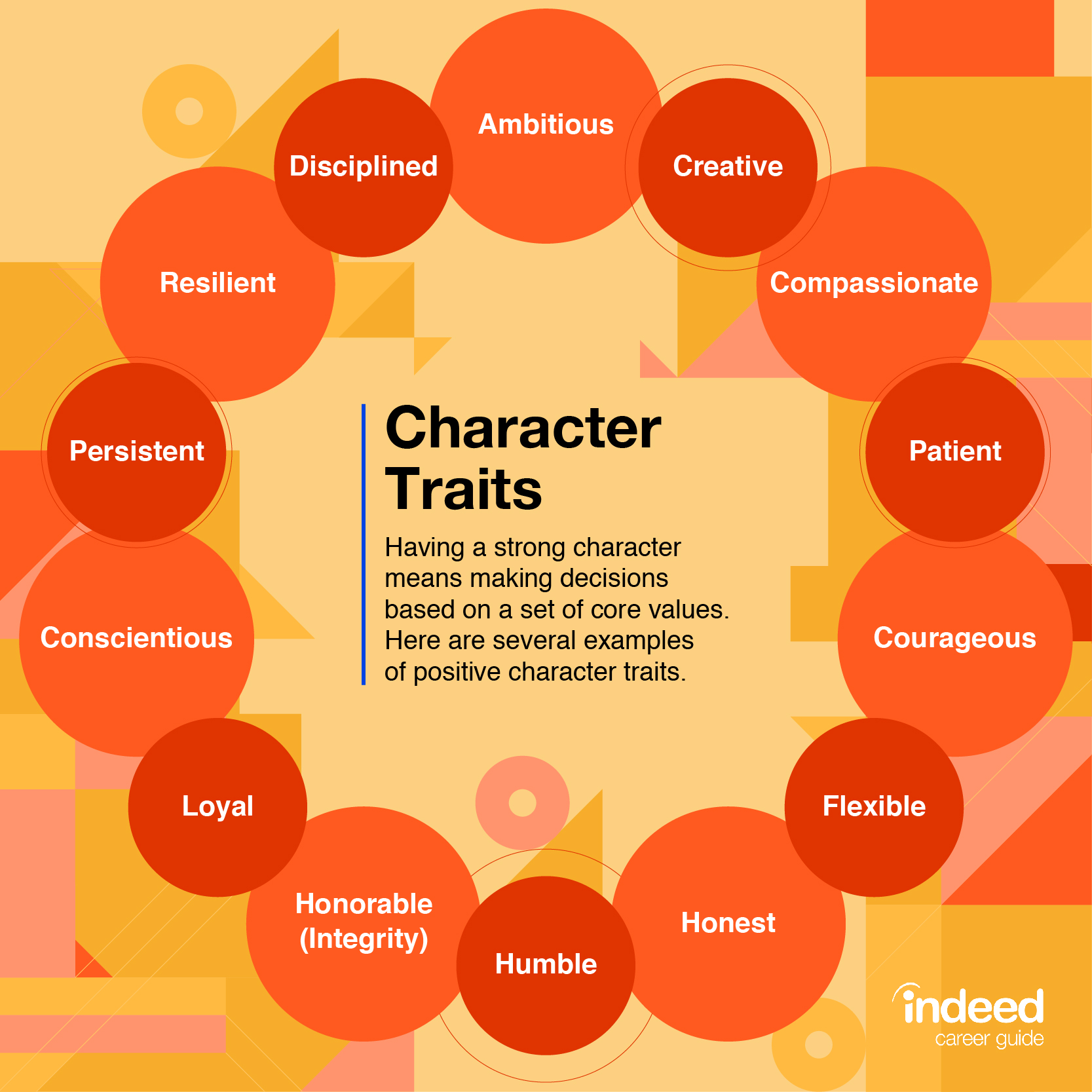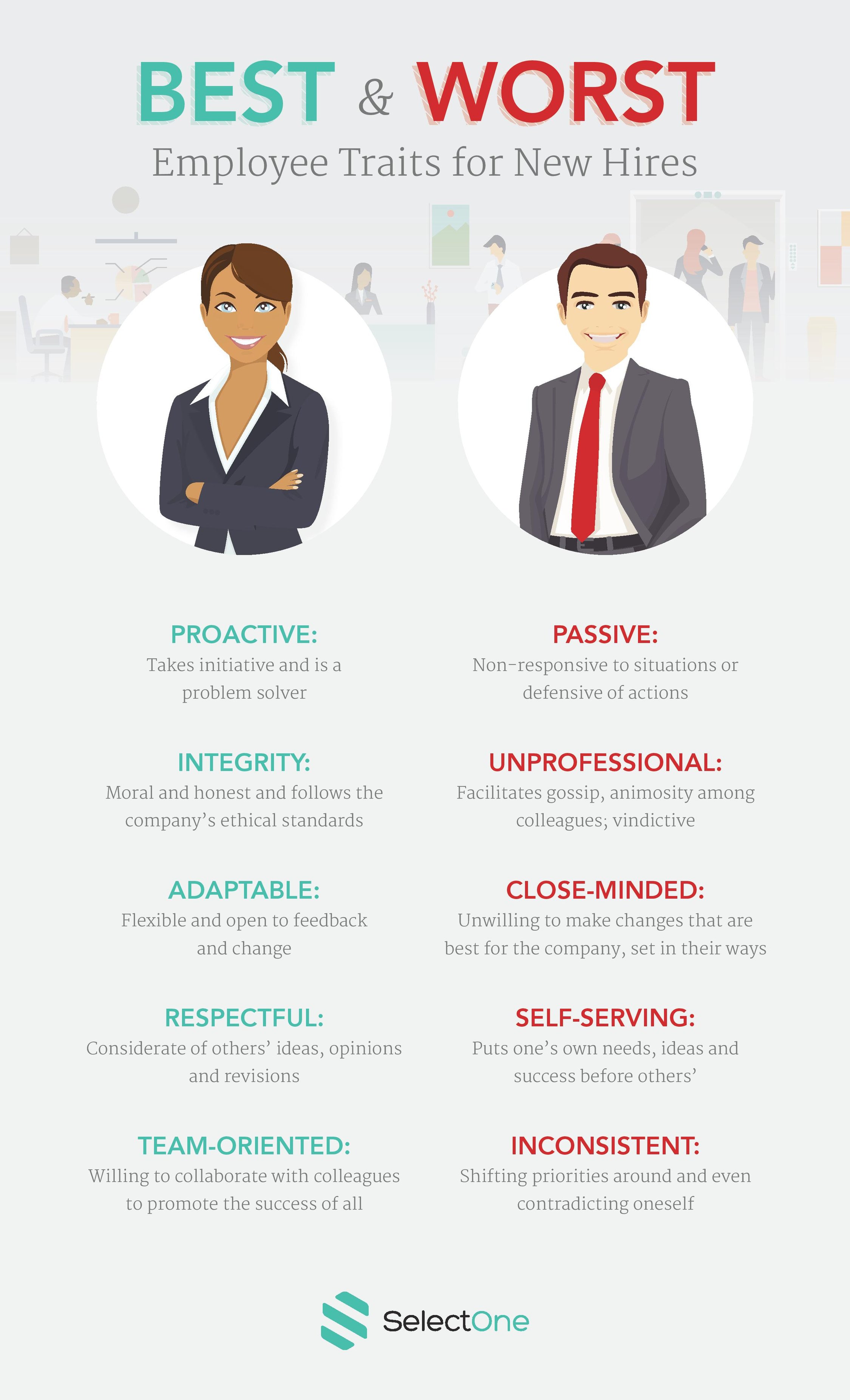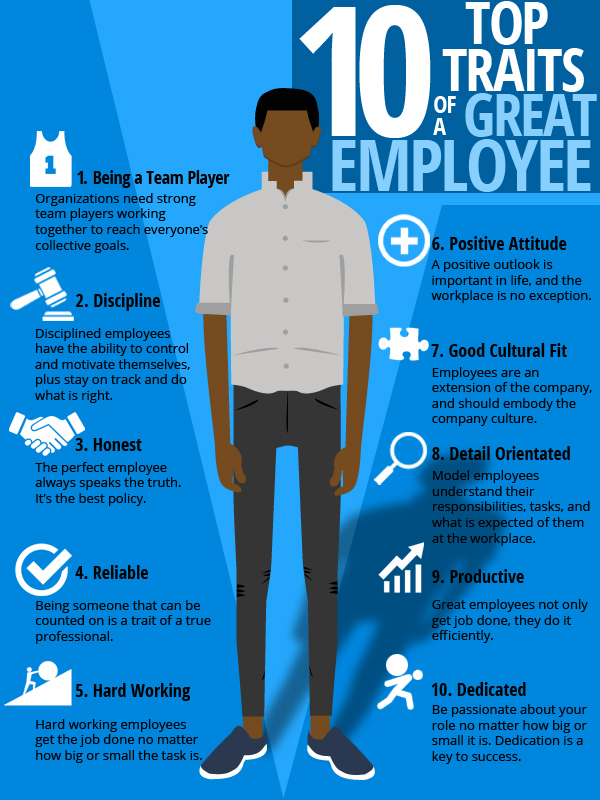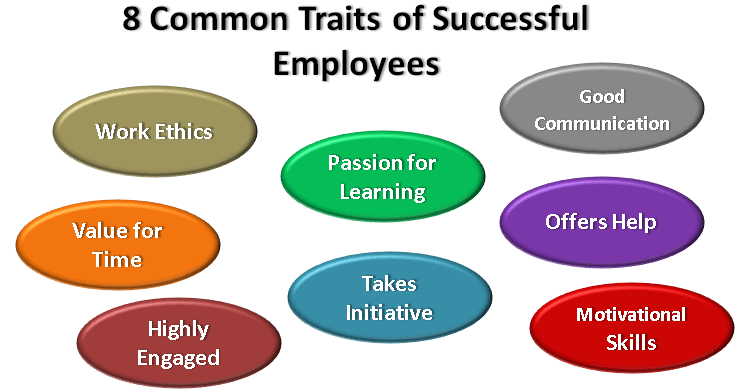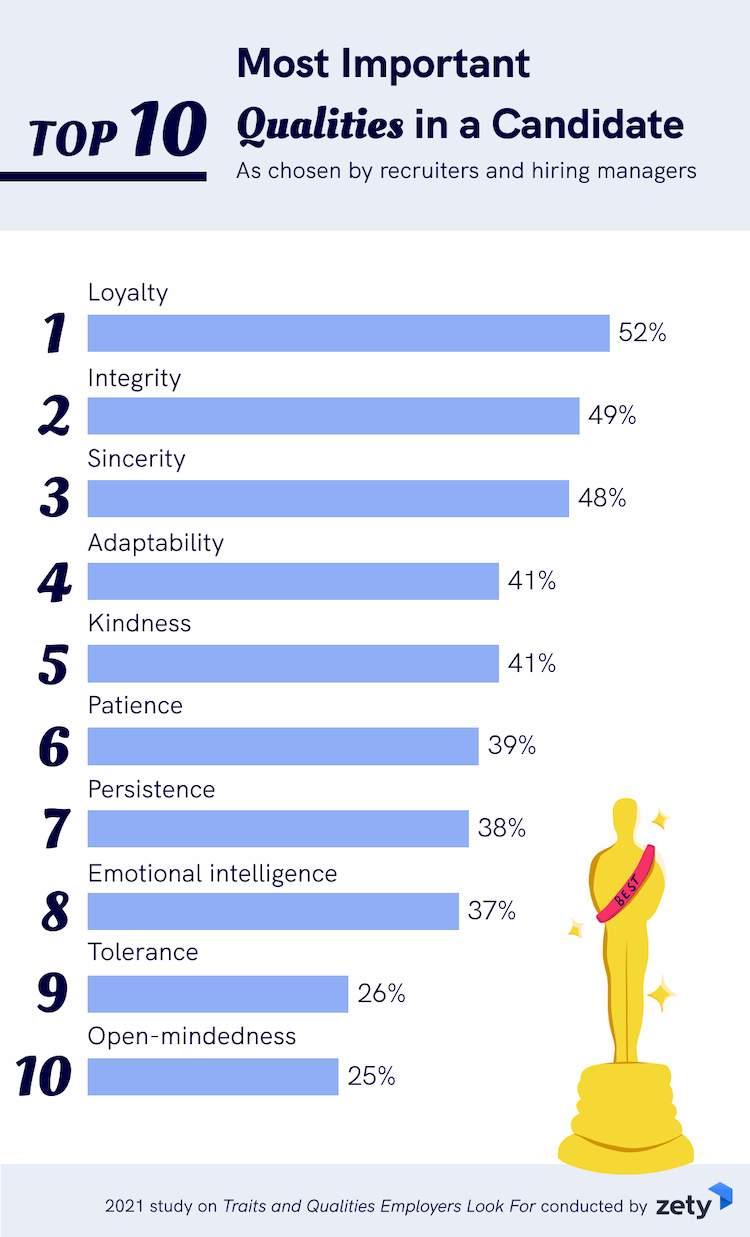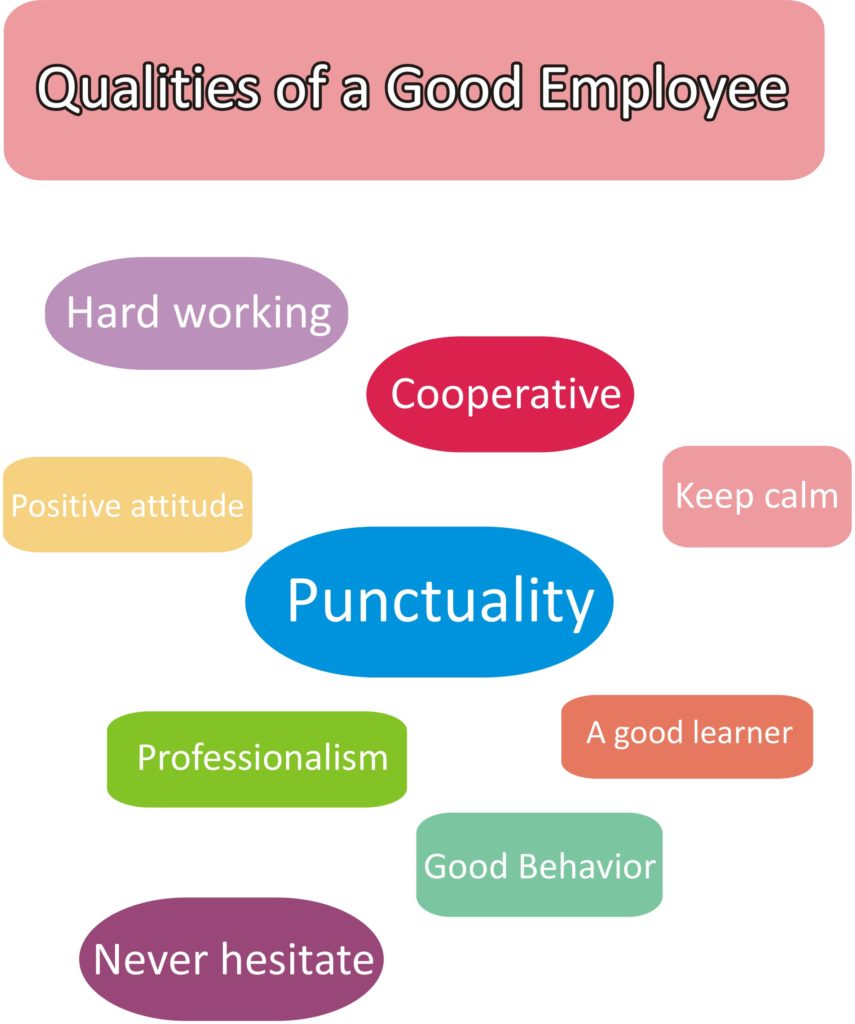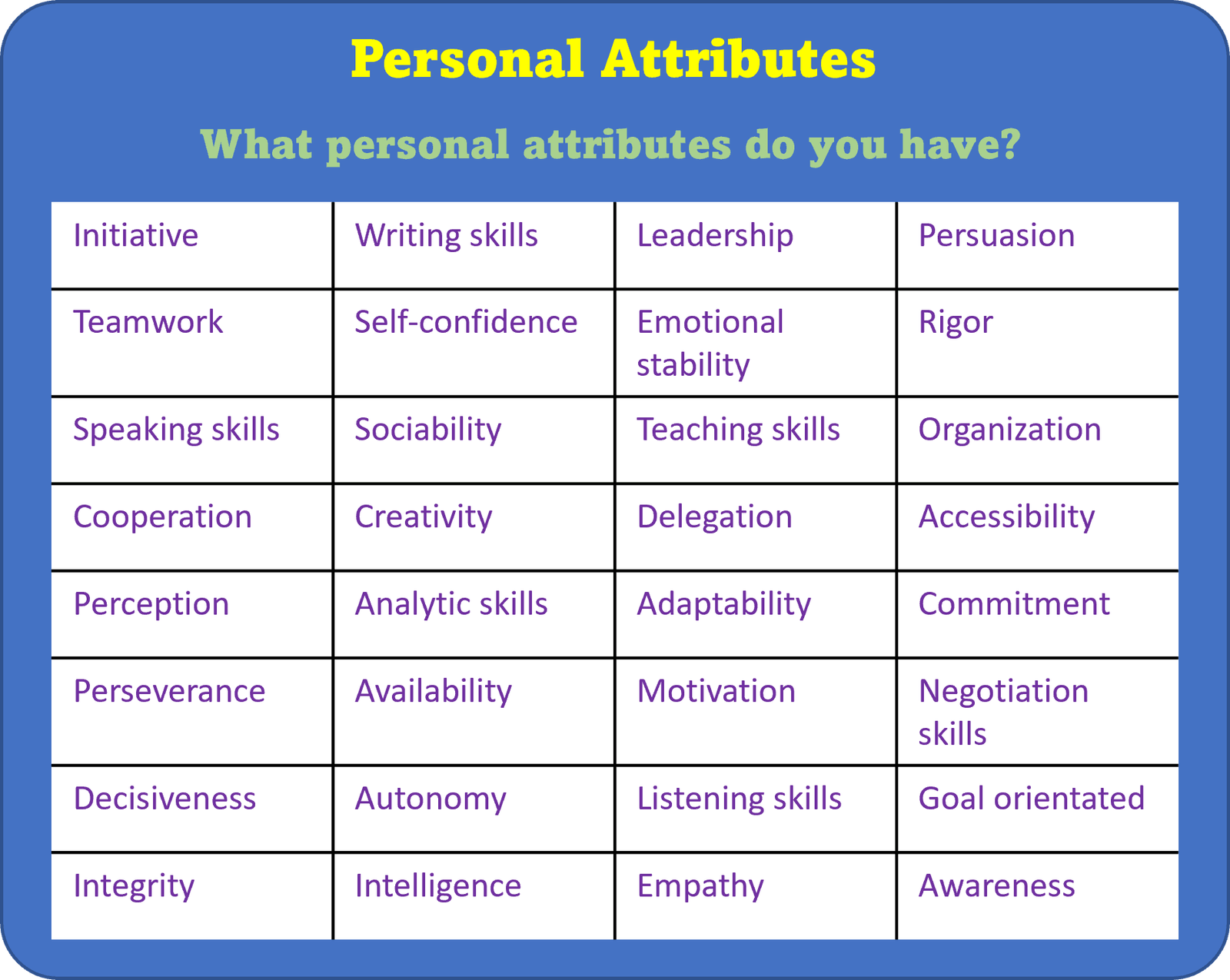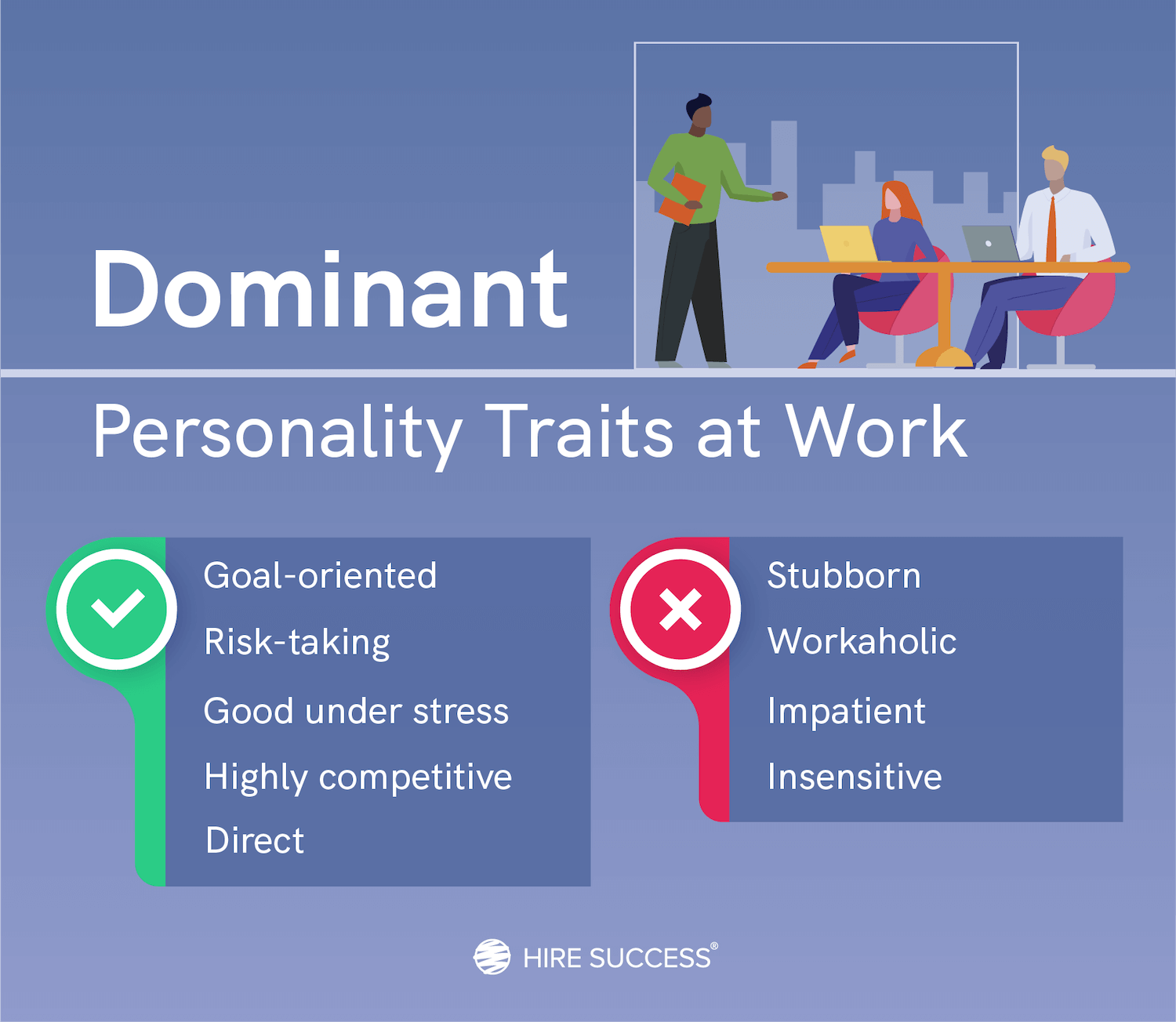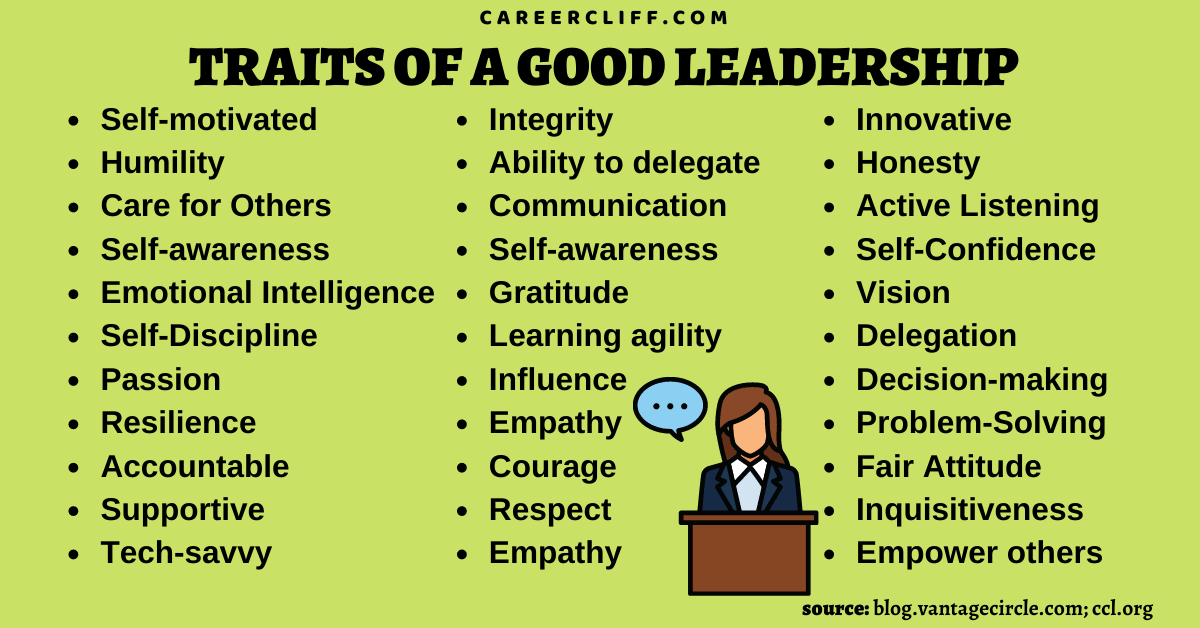Good Traits To Have In The Workplace
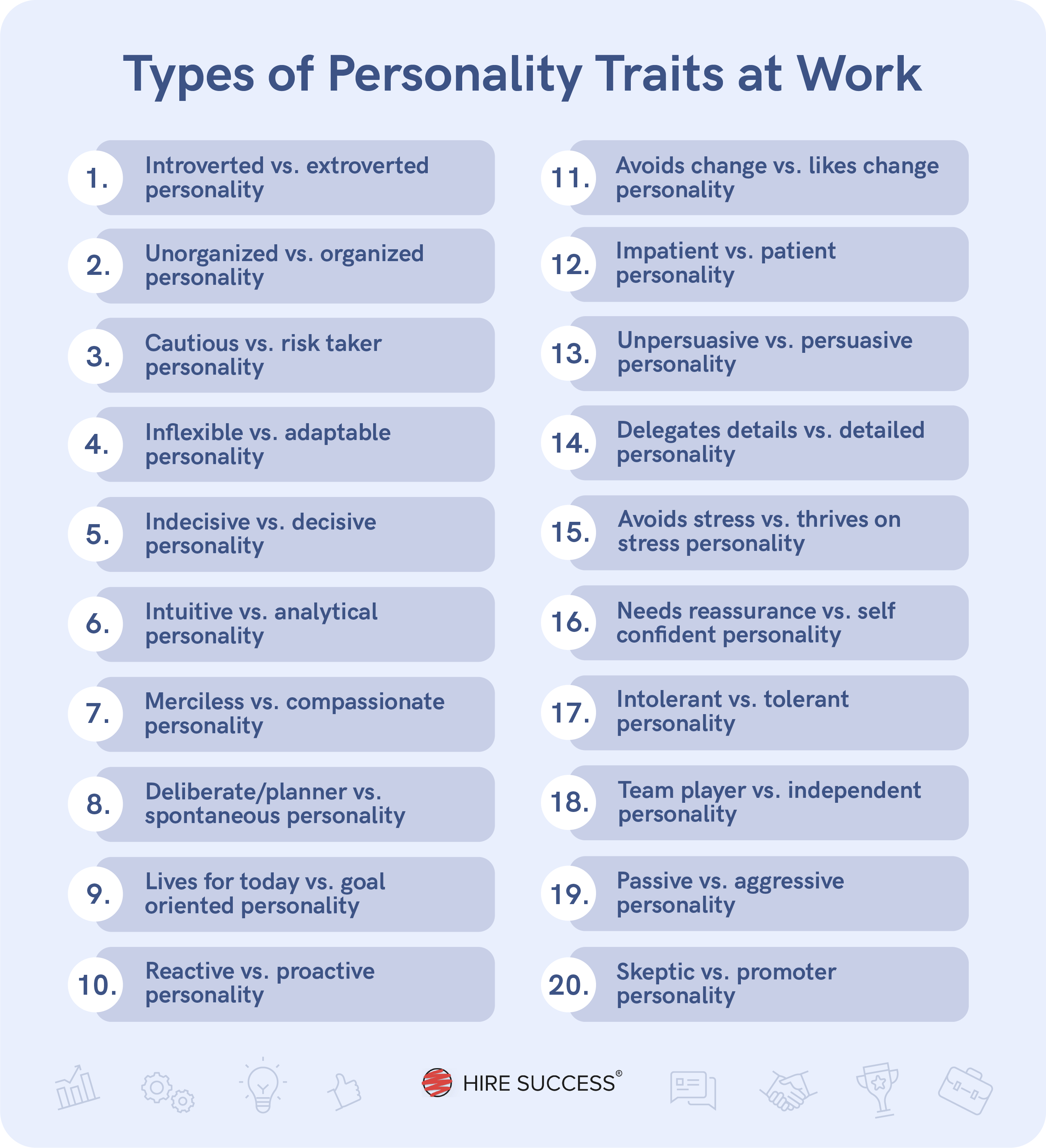
In today's competitive professional landscape, technical skills are undoubtedly crucial, yet a growing body of evidence suggests that certain character traits are equally, if not more, vital for success. The ability to code fluently or master complex data analysis is valuable, but without essential soft skills, even the most technically gifted individuals can struggle to thrive in collaborative work environments.
This article delves into the core character traits that employers increasingly seek, exploring how these attributes contribute to a positive and productive workplace. These traits encompass everything from adaptability and communication to resilience and a commitment to continuous learning, highlighting their profound impact on both individual career trajectories and overall organizational success.
Adaptability: Navigating Change with Grace
The modern workplace is characterized by constant change. Adaptability, the ability to adjust to new conditions and challenges, is paramount.
According to a 2023 report by the World Economic Forum, adaptability and flexibility are among the most in-demand skills for the future workforce. This involves being open to new ideas, embracing different technologies, and readily accepting evolving roles and responsibilities.
Individuals who demonstrate adaptability are not only better equipped to handle unforeseen circumstances but also tend to be more innovative and resourceful in problem-solving.
Communication: The Cornerstone of Collaboration
Effective communication is the bedrock of any successful team or organization. It's more than just conveying information; it's about listening actively, understanding different perspectives, and articulating ideas clearly and concisely.
A study by the Society for Human Resource Management (SHRM) consistently highlights communication skills as a top priority for employers. This includes both written and verbal communication, as well as the ability to communicate effectively across different levels of an organization.
Strong communicators foster transparency, build trust, and create a more collaborative and inclusive work environment.
Resilience: Bouncing Back from Setbacks
Every career path encounters challenges and setbacks. Resilience, the capacity to recover quickly from difficulties, is a key determinant of long-term success.
Researchers at the University of Pennsylvania's Positive Psychology Center have found that resilience is not simply an innate trait but can be developed and strengthened through specific strategies. These include cultivating a positive outlook, building strong support networks, and practicing self-care.
Employees who demonstrate resilience are better able to cope with stress, learn from their mistakes, and persevere through difficult times.
Continuous Learning: A Commitment to Growth
In today's rapidly evolving world, knowledge and skills can quickly become obsolete. A commitment to continuous learning is essential for staying relevant and competitive.
LinkedIn's 2024 Workplace Learning Report emphasizes the growing importance of skills development and lifelong learning. Employers are increasingly investing in training programs and resources to help employees acquire new skills and adapt to emerging technologies.
Individuals who embrace continuous learning are not only more valuable to their organizations but also more likely to experience greater job satisfaction and career growth.
Empathy: Understanding and Connecting with Others
Empathy, the ability to understand and share the feelings of another, is crucial for building strong relationships and fostering a positive workplace culture.
Research suggests that empathetic leaders and colleagues create a more supportive and inclusive environment, leading to increased employee engagement and productivity. Empathy involves actively listening to others, recognizing their perspectives, and responding with compassion and understanding.
In a diverse and interconnected world, empathy is becoming increasingly important for effective collaboration and communication.
Conclusion: The Holistic Professional
While technical expertise remains essential, it's clear that certain character traits are indispensable for thriving in the modern workplace. Adaptability, communication, resilience, continuous learning, and empathy are not merely "soft skills" but rather fundamental attributes that contribute to individual and organizational success.
By cultivating these traits, individuals can enhance their career prospects, build stronger relationships, and create a more positive and productive work environment. The future of work belongs to those who embrace a holistic approach to professional development, recognizing the importance of both technical skills and essential character attributes.
Companies that prioritize these traits in their hiring and development practices are more likely to attract and retain top talent, foster innovation, and achieve sustainable success in the long run.
